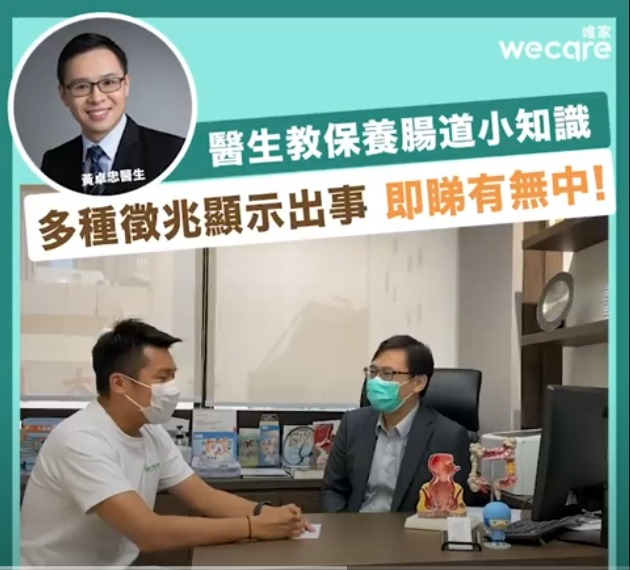
Wecare – 【醫生教保養腸道,多種症狀顯示出事,即睇你有無中❗❗】
疫情令大家增加對健康的關注,大腸癌一直係香港常見癌症之一,發病率與死亡數字在過去十年一直持續上升,情況令人關注!我哋請到外科專科黃卓忠醫生,同大家分享大腸癌有咩徵兆,同保養腸道健康小貼士~

Dr Wong graduated from University of Hong Kong and worked in a number of hospitals such as Pamela Youde Nethersole Eastern Hospital, Kwong Wah Hospitals and Queen Mary Hospitals to receive training on General Surgery.
Dr Wong got the specialist qualification on general surgery and later developed his expertise in Colorectal diseases, he is experienced in endoscopies ( OGD, colonoscopy) and other minimal invasive surgeries on colorectal diseases.

SCOPE OF SERVICE
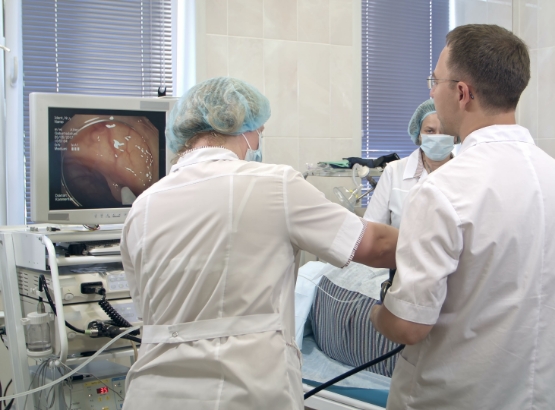
The above examinations will be carried out in a licenced Day Procedures Center
or private hospitals

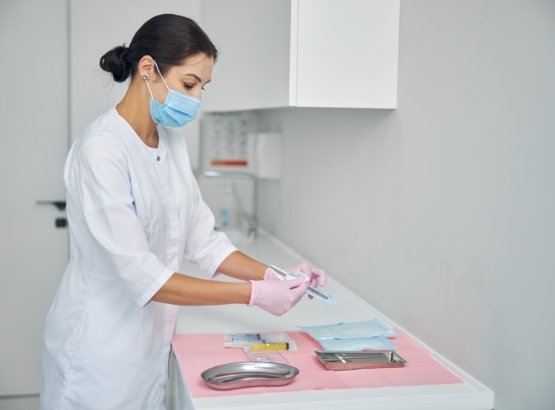
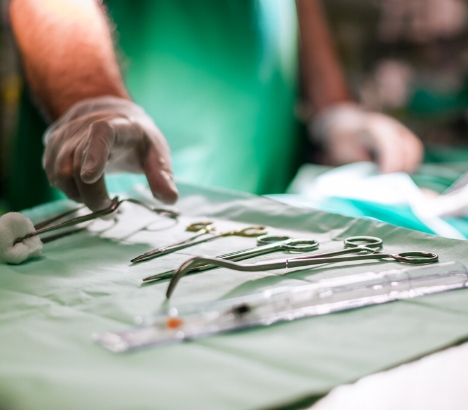
The above examinations will be carried out in a licenced Day Procedures Center
or private hospitals
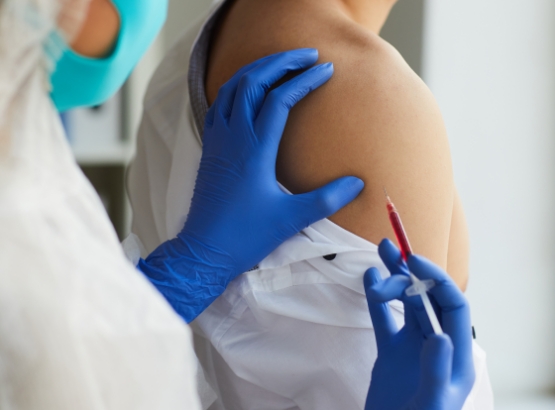
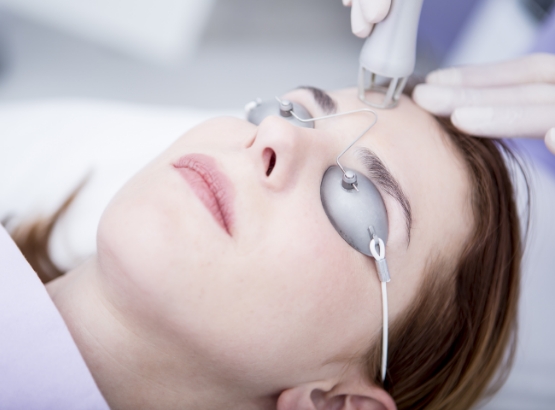
Warts are a type of skin infection caused by the human papillomavirus (HPV). The infection causes rough , skin- coloured bumps to form on the skin. The virus is contagious. They can appear on everywhere on our bodies, and in many different forms.
For example, they can be
– flat warts on face, forehead, neck area;
– common warts on hands/ forearms;
– Plantar warts on the sole of the feet, these warts are often painful and form in clusters, they look like calluses with tiny black dots in the center.
– Genitals warts on penis, vagina or rectum, these warts are a type of sexually transmitted infection.
How are warts managed or treated?
Warts can go away on their own after your immune system fights off the virus. However, as the warts can be spread from person to person , cause pain and unsightly, sometimes treatment is recommended . Options include:
– Topical medicine : salicylic acid, or Imiquimoid etc.
– Freezing ( cryotherapy ) : Liquid nitrogen is applied to freeze the wart, blisters will be formed , and eventually the wart peel off. Hyperpigmentation on the area may be resulted.
– debridement and diathermy : this is for some big or stubborn warts , where the area is applied with some topical analgesic, and then the wart is debrided and the wound is sometimes closed with a diathermy.
– CO2 laser treatment : laser light is used to hear and destroy tiny blood vessels inside the wart. The process cuts off blood supply and kills the wart. The fine beam of light can be used to target on some very small warts on face, and decreases the risk of hurting surrounding healthy skin tissues.

World Health Organization (WHO) announced that Non communicable diseases (NCDs) such as cardiovascular diseases, malignancies and diabetes has become a global pandemic, causing 41 million of deaths , accounted for 71% of all deaths globally.
Tobacco use, physical inactivity, the harmful use of alcohol and unhealthy diets all contributed to the main cause of dying from NCDs.
Hence, early detection, screening and treatment are essential to tackle the NCDs.
Our center provides a tailored made health screening to individual patients. Patients can discuss with our doctors to decide the most suitable health needs and screening for them, to ensure their well being and avoid unnecessary costs.
We provide:

Colorectal cancer is the second most common cancer locally. In 2019, there were 5 556 newly diagnosed colorectal cancer cases, accounting for 15.8 per cent of new cancer cases. Colorectal cancer is also the second most common cause of cancer death after lung cancer in Hong Kong. In 2020, colorectal cancer led to 2 287 deaths, accounting for 15.4 per cent of all cancer deaths.
Hong Kong residents aged between 50 and 75 (born in the years between 1946 and 1972 )are eligible to enrol in the Colorectal Cancer Screening Programme (CRCSP) from January 1, 2022. They can undergo subsidised screening tests every two years in the private sector for prevention of colorectal cancer. The years of birth of eligible persons are updated at the beginning of each year.
CRCSP can identify people who have colorectal cancer before they present with symptoms, or those with higher risk of colorectal cancer, and enable them to receive early treatment, thus significantly improving the prognosis. With colorectal adenoma removed in the course of a colonoscopy, these lesions are also prevented from turning into cancer.
There is no quota for participants under the CRCSP and it is heavily subsidised by the Government. Over 220 colonoscopy specialists have also joined the CRCSP to provide colonoscopy examination services at about 600 service locations. If no polyp removal is necessary, about 86 per cent of these locations will not require additional charges. If polyp removal is needed, about 75 per cent of these locations will not require additional charges.
For more information on the CRCSP, please contact our staff by the our hotline(+852 21867712 / +852 21867713) during office hours.
Colorectal Cancer Screening Programme
Eligibility of Colorectal Cancer Screening Programme updated
Answer 1: A change of bowel habit such as persistent diarrhea, constipation, blood stained or tarry stool, abdominal pain , fatigue, weakness or weight loss etc.
Answer 2: The Government’s “Colorectal Cancer Screening Program” asymptomatic Hong Kong residents aged between 50 and 75 to receive screening service in private sector for prevention of colorectal cancer. Participants can first go to the clinic to get a stool collection tube, take a sample at home, and return it to the designated place. The laboratory will conduct an occult blood test on your sample. If there is any, you will receive a notification and then arrange for a colonoscopy and removal of any Colorectal polyps that may develop into cancer. The entire examination process is free of charge.
Answer 3: In order to prevent colorectal cancer, Dr. Wong Cheuk Chung suggests citizens should exercise daily and eat 5 servings of vegetables and fruits (one serving is equal to half a rice bowl of vegetables or a medium-sized fruit), eat less red meat and processed meat, avoid being overweight, avoid excessive alcohol consumption and never smoke.
If a close relative is a patient with colorectal cancer (especially before the age of 60), colonoscopy screening should be performed at the age of 40 (10 years earlier than the average person) or 10 years earlier than the age of onset of the youngest close relative. Whichever is earlier, thereafter re-examination every 3-5 years.

疫情令大家增加對健康的關注,大腸癌一直係香港常見癌症之一,發病率與死亡數字在過去十年一直持續上升,情況令人關注!我哋請到外科專科黃卓忠醫生,同大家分享大腸癌有咩徵兆,同保養腸道健康小貼士~

生痔瘡難免令人坐立不安,但原來從一些生活小細節著手,可以減低患上這尷尬病症的風險。有醫生警告,如廁時間太長,會直接增加下盤壓力…
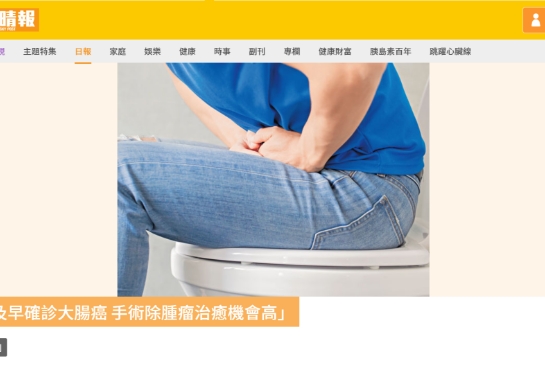
一位27歲年輕女性,腹痛持續了一年,但不以為意,及後因為腹痛一位27歲年輕女性,腹痛持續了一年發燒求診,經檢查後更接受了…

